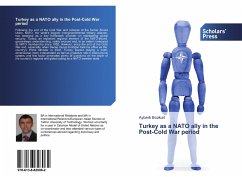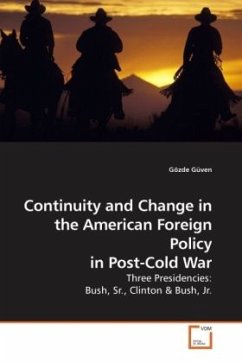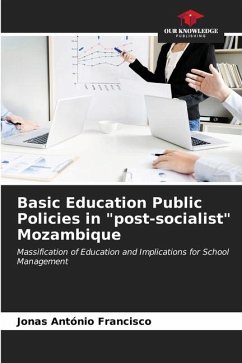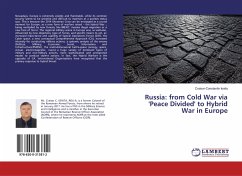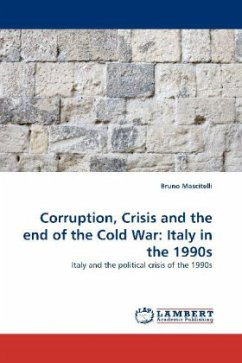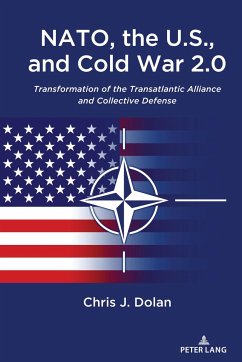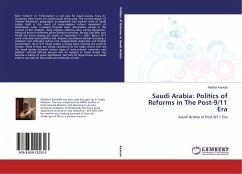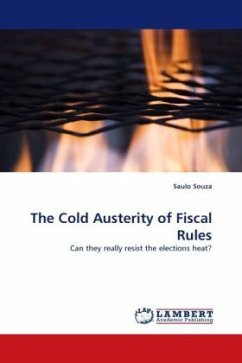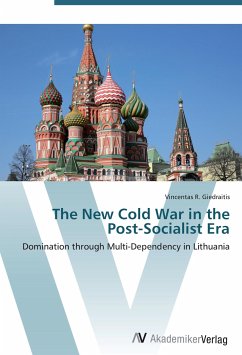
The New Cold War in the Post-Socialist Era
Domination through Multi-Dependency in Lithuania
Versandkostenfrei!
Versandfertig in 1-2 Wochen
39,99 €
inkl. MwSt.

PAYBACK Punkte
20 °P sammeln!
Revision with unchanged content. Have we entered the era of a new form of Cold War? This book shows that imperialistic tendencies need not only take the form of overt military aggres sion. Giedraitis crosses disciplinary boundaries to take a fresh look at the multiple ways that post-socialist Russia is exercising geopolitical domination over its former occupied territories. On the front lines of this new battleground are the Baltic countries of Lithuania, Latvia, and Estonia. Due to Western Europe s addiction to Russian oil, what happens in Lithuania - the focus of this work - could have far r...
Revision with unchanged content. Have we entered the era of a new form of Cold War? This book shows that imperialistic tendencies need not only take the form of overt military aggres sion. Giedraitis crosses disciplinary boundaries to take a fresh look at the multiple ways that post-socialist Russia is exercising geopolitical domination over its former occupied territories. On the front lines of this new battleground are the Baltic countries of Lithuania, Latvia, and Estonia. Due to Western Europe s addiction to Russian oil, what happens in Lithuania - the focus of this work - could have far reaching consequences for the rest of Europe s energy supplies - and their economies. Supported by interviews and quantitative data, the dangers of three types of dependency relations - political, economic, and energy - are explored. Gied raitis illustrates Lithuania s precarious balance between the new Western opportunities of the European Union and NATO, and threats from their former occupier to the East. This book is intended for those interested in neo-colonial dependency rela tions in post-socialist countries, such as the Baltics. Russia has massive mineral reserves, and fuel-hungry economies surrounding it. Is its aim only to sell energy at market values? Is evidence of Russian political disruption in Lithuania chance, or does Russia have ulterior motives?



